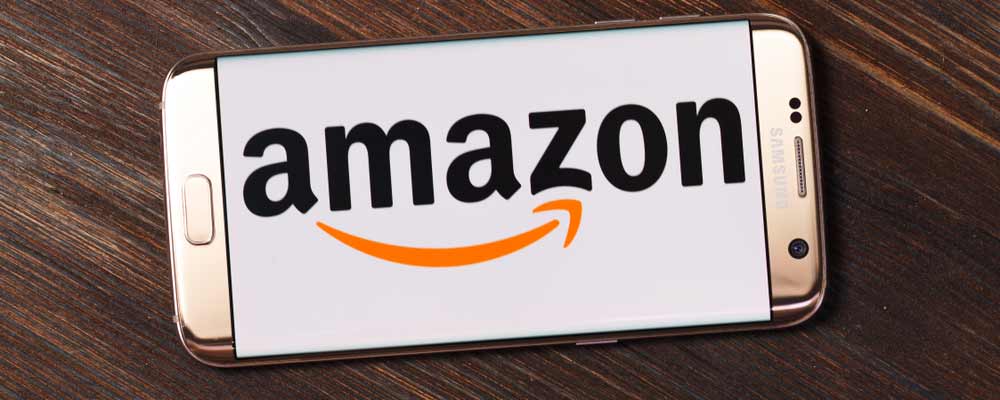Trillion-dollar companies are all the rage in the financial media.
First Apple Inc. (Nasdaq: AAPL) and then Amazon.com Inc. (Nasdaq: AMZN) reached this impressive milestone.
It’s almost all the financial press can talk about when they’re not discussing which indicator is calling for a crash or which is calling for a longer bull market.
To be fair, this was fairly big news. No U.S. company had hit a $1 trillion valuation before.
Apple was the first, which is even more impressive when you consider the likes of big oil companies such as Exxon Mobil, and tech behemoths of the 1990s such as Microsoft.
For Microsoft, there’s a fair amount of irony here considering it bailed out a struggling Apple back in 1997.
The big question here is: Why? Why did it take so long for any U.S. company to hit a $1 trillion valuation?
The answer lies in a financial trick that wasn’t legal in the U.S. until 1982.
And as you’ll see, not all trillion-dollar companies are created equal.
The Market That’s Been Pulled Over Your Eyes
Stock buybacks are big business this year thanks to the new tax code. In the first quarter alone, S&P 500 Index companies bought back a record $178 billion of their own shares.
Apple was no small part of this indulgence, repurchasing $43.5 billion worth of AAPL shares in the first six months — its largest buyback spree in the company’s history.
What’s more, since 2012 Apple has bought back almost $220 billion of its own stock. And its current plans include up to $310 billion in share repurchases, or about 40% of Apple’s current market capitalization.
Let that figure sink in for a moment.
Apple’s buyback plans total about 40% of its current market cap. For investors, this may seem like one heck of a deal.
As my colleague Ted Bauman has repeatedly pointed out, this cash is being used to artificially improve earnings-per-share appearances. Less shares plus smaller earnings growth still equals higher earnings per-share-growth on paper.
This, in turn, boosts the stock price as investors see reported earnings growth and continually improving, often times more than they expected.
It’s a win for investors, right?
The problem is that this cash is not being reinvested in the company to improve production, innovations, or research and development. And Apple could certainly use a bit of innovation right now.
In short, companies like Apple would rather appear to be more profitable by buying back shares than risk investing in their own business and improve performance. And as I noted above, it’s happening all across the U.S. markets.
There are a handful of exceptions, however.
The Amazon Advantage
For the past six years, Amazon has not bought back a single share of AMZN stock. Not one.
The company does have an authorized $5 billion buyback plan in place with no expiration date. However, Amazon has not repurchased any of its stock since the first quarter of 2012.
Amazon has a history of reinvesting capital in its own operations, something the company was long criticized for. It didn’t start regularly turning in profitable quarters until the fourth quarter of 2015.
The company instead has spent billions on growth, sometimes at the cost of immediate shareholder value.
Currently, Amazon is spending billions on content acquisition for Prime Video, building out services like its Amazon Web Services cloud business and developing hardware designed to make it easier to shop at Amazon.com.
By reinvesting in itself, Amazon was the first to market with home smart devices like the Amazon Echo, leaving Apple to play catch-up. It’s why Amazon is the leading cloud services company in the world, with revenue of $6.1 billion last quarter and at least $12.4 billion in backlog revenue.
It’s also why Amazon is threatening to move into the health care market with online pharmacy delivery and has already created a foothold in the trillion-dollar grocery market.
Invest in Companies That Invest in Themselves
Growing up, my parents always told me that if you won’t believe in yourself, nobody else is likely to. You have to make investments in yourself to grow and improve. The same is true for corporations.
While short-term stock price gains from buybacks might look nice in your portfolio now, how will those same gains look down the road if the company you invested in doesn’t invest in itself?
Apple is content to repurchase its own shares with its hoard of cash. Meanwhile, Amazon has proven that it isn’t afraid of making big investments in its future, and it’s paying off.
Until next time, good trading!
Regards,

Joseph Hargett
Assistant Managing Editor, Banyan Hill Publishing



